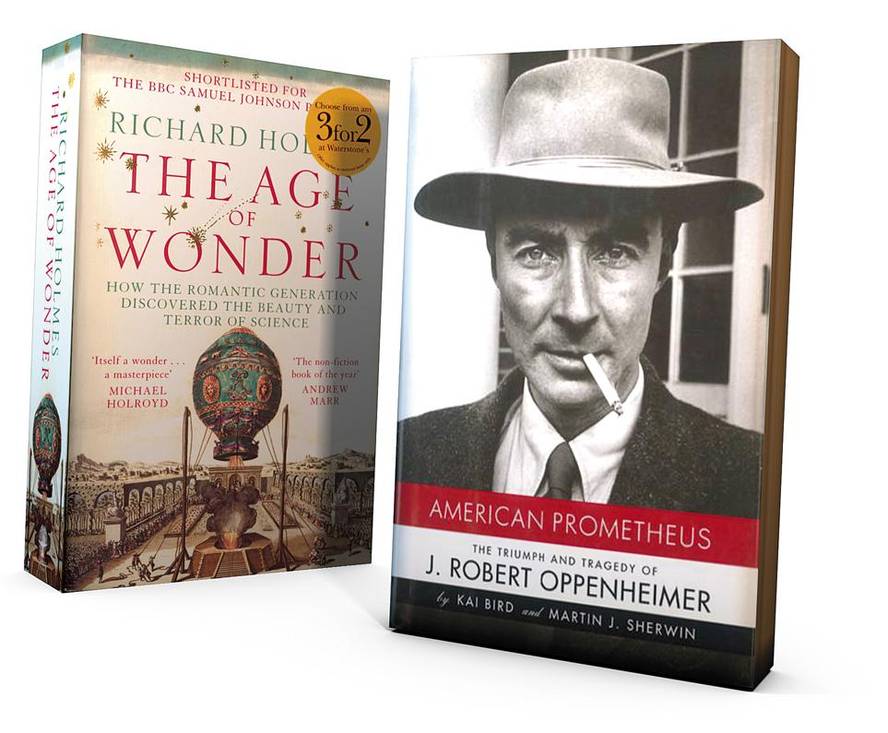Questions of success
Fernando Cossío, president of the Ikerbasque Foundation, is a chemist. He is a professor of organic chemistry and has developed a long career in research. And besides living research from within, he has looked from outside to look at science in all aspects. In this sense, he has recommended two informative books. In both cases, the responsibilities and doubts of some successful scientists are analyzed.
Primera American Prometheus contra The Triumph and Tragedy of J. Robert Oppenheimer is a book, K. Baird and M. J. Sherwin of writers. XX. It is a work on the life of one of the most important physicists of the twentieth century. Oppenheimer, director of the prestigious Manhattan project, which developed the atomic bomb, decisively influenced the nature of Oppenheimer.
"The life of this scientist is very interesting as a symbol and example," says Cossío. "In this book appear the consequences of science and the social responsibility of science with all its crudeness, as well as the scientist's doubts about its scientific results."
The authors of the book formed a large group: Martin J. Sherwin is a historian specializing in the development of atomic energy and Kai Bird, a writer who has published numerous biographies of politicians. With the book American Prometheus in 2006 he received the Pulitzer Prize.
"The appearance in the title of the book of the romantic concept of Prometheus leads us to another book, The Age of Wonder," says Cossío. In Greek mythology, Prometheus stole the fire of the gods to give it to humans, a story that, along with that of other mythological characters, greatly liked the 19th century. At the beginning of the 20th century. It was the beginning of romanticism and also in science.
Precisely, The Age of Wonder, by writer Richard Holmes, deals with the most outstanding scientific advances of the time. In Europe it was a second Enlightenment. Research and exploration greatly extended the field of science, a time that gave great names: Biologist Joseph Banks, astronomer William Hershell, chemist Humpry Davy, writer Mary Shelley, etc.
The writer Richard Holmes collected in his book The Age of Wonder stories of the time and in 2009 received one of the most important awards of the dissemination: Prize for scientific books of the Royal Society.






